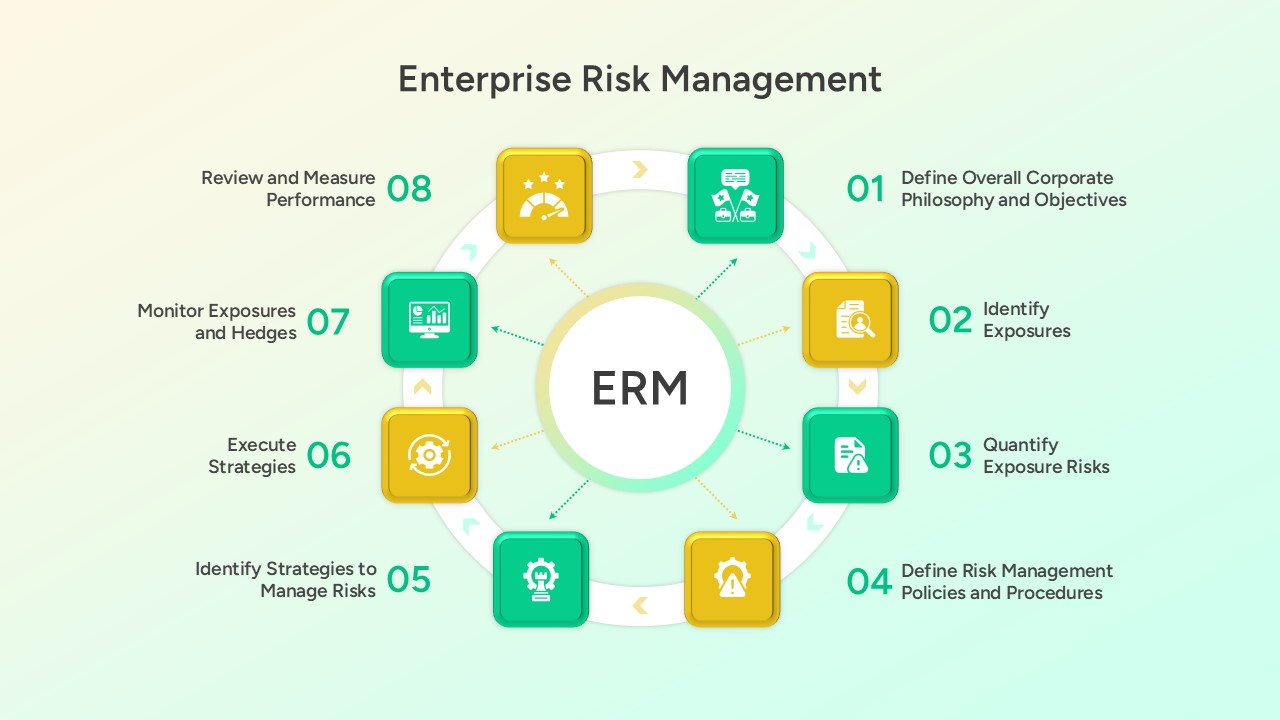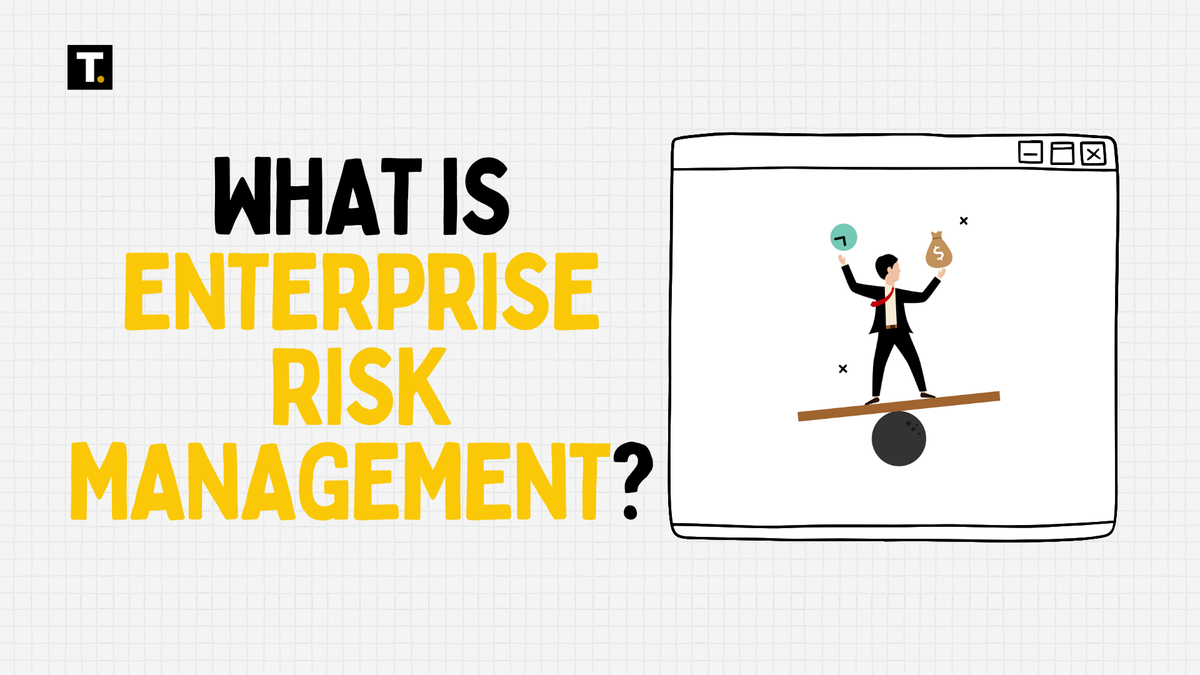Discover the Duty of AI in Promoting Ethics and Stability to Battle Expert Threats Properly
The integration of AI in organizational frameworks has actually become pivotal in resolving insider risks. By using sophisticated analytics and real-time surveillance, AI systems can identify variances from moral actions among employees (Insider threats). This positive method not just improves compliance however likewise promotes an atmosphere of depend on. As business progressively depend on these modern technologies, inquiries emerge concerning their performance and possible effects for workplace society. What lies ahead in the evolution of AI's role in advertising honesty?
Comprehending Insider Risks and Their Effect On Organizations
Organizations usually concentrate on outside risks, insider dangers present a significant threat that can threaten safety and security and integrity. These hazards emerge from individuals within the organization, such as workers or professionals, that might abuse their access to sensitive info for personal gain or malicious intent. The influence of insider threats can be serious, resulting in economic losses, reputational damage, and lawful ramifications.
Aspects contributing to expert threats consist of dissatisfaction with the office, lack of oversight, and insufficient employee training on safety and security protocols. Organizations commonly struggle to recognize these threats, as they can be tough to spot till significant damages has actually occurred. Prevention approaches should concentrate on fostering a culture of trust fund and accountability, together with applying robust tracking and reporting systems. By identifying and addressing the complexities of expert hazards, organizations can enhance their safety stance and protect their useful properties from internal risks.
The Development of AI in Office Safety And Security
As companies significantly confront diverse safety and security difficulties, the combination of artificial intelligence (AI) in workplace safety and security has actually progressed substantially. Originally, AI applications concentrated primarily on automating basic safety and security procedures, such as gain access to control and monitoring. Nevertheless, improvements in artificial intelligence and information analytics have actually transformed AI into a proactive tool efficient in recognizing possible dangers and susceptabilities in real-time.
Organizations currently take advantage of AI-driven systems to assess vast amounts of data, enabling them to spot strange actions that might indicate expert dangers. This evolution has actually caused the advancement of innovative algorithms that can gain from historical occurrences, improving the system's predictive capacities. Furthermore, AI tools are significantly utilized to streamline case reaction procedures, enabling safety and security groups to act swiftly and effectively.
Just How AI Monitors Employee Behavior for Ethical Conformity
Man-made intelligence plays a crucial function in monitoring worker behavior to ensure moral compliance within companies. AI systems evaluate substantial amounts of information created by workers, consisting of communications, deals, and accessibility to sensitive info. By employing sophisticated formulas, these systems can identify variances from developed ethical requirements and firm policies.
Maker understanding models continually adjust to recognize patterns of habits that could indicate honest violations, such as unauthorized information accessibility or unusual purchase tasks. Insider threats. In addition, AI-driven tools can provide real-time alerts to management, helping with prompt treatments when potential risks are found
The assimilation of AI into compliance tracking not only improves the organization's capability to promote honesty but also fosters a culture of responsibility among workers. By advertising openness, AI systems offer as a deterrent versus dishonest habits, making sure that staff members continue to be straightened with moral standards and organizational values.
Analyzing Patterns: Identifying Risky Behavior With AI
A growing variety of companies are leveraging AI to examine patterns that might suggest risky behavior amongst staff members. By using sophisticated algorithms, these systems can sift through substantial quantities of information, identifying anomalies in user habits that could suggest potential expert dangers. As an example, AI can discover unusual accessibility patterns to delicate info, such as employees accessing documents outside their normal scope of job or throughout atypical hours. In addition, behavior analytics can highlight frequent modifications in an employee's interaction style or cooperation practices, which might represent underlying issues. This positive approach allows organizations to identify threat aspects prior to they intensify right into significant hazards. Consequently, the assimilation of AI into checking practices not just improves security however additionally fosters a society of accountability and ethical actions. By identifying these patterns, organizations can much better recognize the behavioral dynamics within their labor force, inevitably advertising a safer and much more honest workplace.
Real-Time Insights: Immediate Reactions to Prospective Dangers
Real-time understandings via predictive analytics and automated alert systems play a vital duty in resolving potential threats to ethics and honesty. By leveraging these technologies, organizations can expect dangerous behaviors and respond immediately to mitigate dangers. This positive approach boosts responsibility and cultivates a society of stability in numerous atmospheres.
Anticipating Analytics Applications

Automated Alert Systems
Anticipating analytics supplies a foundation for companies to enhance their responsiveness to honest problems with automated alert systems. These systems use real-time information to keep an eye on tasks, identifying anomalies that might indicate potential insider risks. By leveraging artificial intelligence algorithms, automated signals can determine patterns of behavior that drift from established standards, enabling swift treatment. This immediacy is vital in mitigating risks connected with unethical techniques. Automated sharp systems can improve interaction among appropriate stakeholders, ensuring that prospective hazards are dealt with without delay and efficiently. As companies increasingly depend on AI-driven solutions, the combination of automated sharp systems will certainly play a critical function in cultivating a culture of principles and honesty, ultimately protecting business properties.
Fostering a Culture of Depend On Via AI-Driven Openness
AI-driven transparency can significantly improve trust fund within organizations by promoting responsibility and open interaction. With real-time surveillance solutions, stakeholders can acquire insights into procedures and decision-making, promoting a society of honesty. Data-driven decision-making further supports this openness, making it possible for informed options that straighten with honest requirements.
Enhancing Openness and Liability
Just how can companies properly cultivate a society of trust? By enhancing transparency and accountability through the strategic use artificial intelligence. AI can help companies methodically track decision-making procedures, making sure that activities line up with recognized honest requirements. This transparency allows staff members to see the reasoning behind plans and choices, reducing obscurity and cultivating a sense of fairness. Additionally, AI-driven devices can assist in clear communication concerning duties and expectations, empowering people to take possession of their actions. As accountability comes to be embedded in the more information organizational culture, staff members are more probable to involve in honest behavior, knowing their activities are kept track of and evaluated. Inevitably, this technique cultivates a setting where depend on can flourish, substantially alleviating the risk of expert dangers.
Real-Time Monitoring Solutions
As companies progressively seek to cultivate a culture of trust fund, real-time tracking remedies emerge as a pivotal device in enhancing openness. These AI-driven systems continually track activities, giving insights into customer behavior and prospective anomalies that may show insider dangers. By implementing such tracking solutions, organizations can proactively recognize risks, making sure prompt reactions to dubious activities. This not only safeguards delicate details but likewise enhances a commitment to ethical methods. The transparent nature of real-time tracking aids construct employee confidence, as individuals are conscious that their actions are being observed for the higher good. Inevitably, these solutions serve to cultivate a workplace environment grounded in count on, responsibility, and moral honesty, necessary for reducing expert threats effectively.

Data-Driven Decision Making
Real-time monitoring options lay the foundation for data-driven choice production, which substantially boosts business openness. By leveraging AI modern technologies, companies can assess substantial quantities of information to determine anomalies and patterns indicative of potential expert hazards. This logical technique allows stakeholders to make educated decisions grounded in empirical proof, cultivating a society of depend on among employees. Openness in decision-making procedures, boosted by AI-driven insights, encourages accountability and moral habits. Furthermore, it allows companies to proactively attend to susceptabilities, guaranteeing that actions taken are warranted and interacted clearly. Therefore, the execution of data-driven methods not only minimizes dangers related to expert dangers but additionally strengthens the values of honesty and honest conduct within the organizational structure.
Future Trends: The Duty of AI in Enhancing Work Environment Ethics
While organizations progressively turn to expert system for functional efficiency, the possibility of AI to improve office principles is gaining prestige. Future trends suggest that AI will play a crucial function in creating ethical structures and guidelines, enabling companies to navigate intricate moral issues. By assessing substantial quantities of data, AI can recognize patterns of unethical actions and discover this info here provide insights that advertise transparency and responsibility.
AI-driven devices can facilitate real-time tracking of staff member communications, guaranteeing adherence to honest requirements. This aggressive approach not only alleviates expert threats but likewise grows a society of honesty. As organizations embrace AI innovations, they need to additionally prioritize ethical programming and algorithmic predisposition decrease to ensure justness.
In this advancing landscape, the integration of AI in ethical methods represents a transformative shift, promoting a setting where honesty is not merely anticipated however methodically strengthened.
Often Asked Concerns
Exactly How Does AI Differentiate In Between Benign and Malicious Actions?
AI separates in between destructive and benign activities by examining patterns in individual habits, utilizing artificial intelligence algorithms to determine anomalies, and evaluating contextual information to establish whether actions straighten with established standards or show prospective risks.
Can AI Tools Replace Human Judgment in Moral Decision-Making?
AI devices can not completely change human judgment in honest decision-making. While they can evaluate data and recognize patterns, the nuanced understanding of context, worths, and moral implications still calls for human understanding and discernment.
What Are the Privacy Effects of AI Monitoring Staff Member Habits?

Exactly How Can Organizations Guarantee AI Algorithms Are Ethically Made?
Organizations can assure AI algorithms are ethically designed by applying clear advancement processes, involving varied stakeholders, conducting normal audits, and sticking to well-known honest frameworks that focus on justness, responsibility, and regard for individual privacy and rights.
What Training Is Required for Staff to Understand Ai's Ethical Duty?
Personnel training should incorporate foundational AI values, data privacy, and predisposition awareness. Workshops, instance research studies, and interactive sessions can boost understanding, making sure employees identify AI's ethical effects and its role in cultivating integrity within the company.
Synthetic knowledge plays a vital duty in keeping an eye on employee habits to assure ethical conformity within organizations. The combination of AI right into keeping track of techniques not only improves protection but likewise cultivates a culture of responsibility and moral behavior. While companies increasingly face honest dilemmas and potential stability violations, anticipating analytics applications provide timely understandings that can help reduce these threats. Anticipating analytics offers a foundation for companies to boost their responsiveness to ethical issues with automated sharp systems. Future fads suggest that AI will certainly play a crucial role in creating moral frameworks and standards, allowing organizations to navigate complicated moral issues.